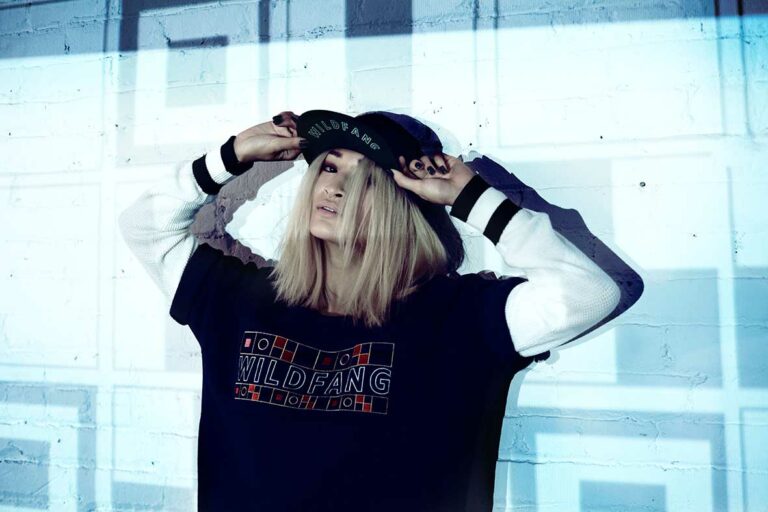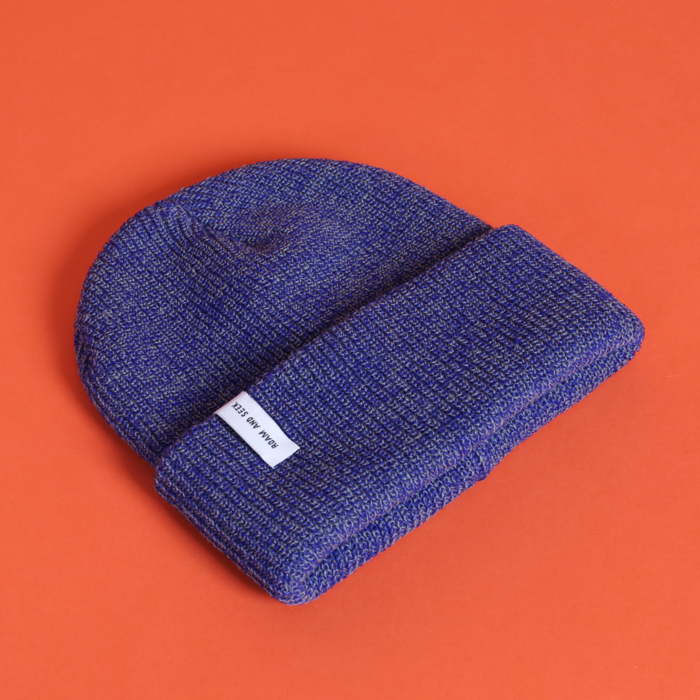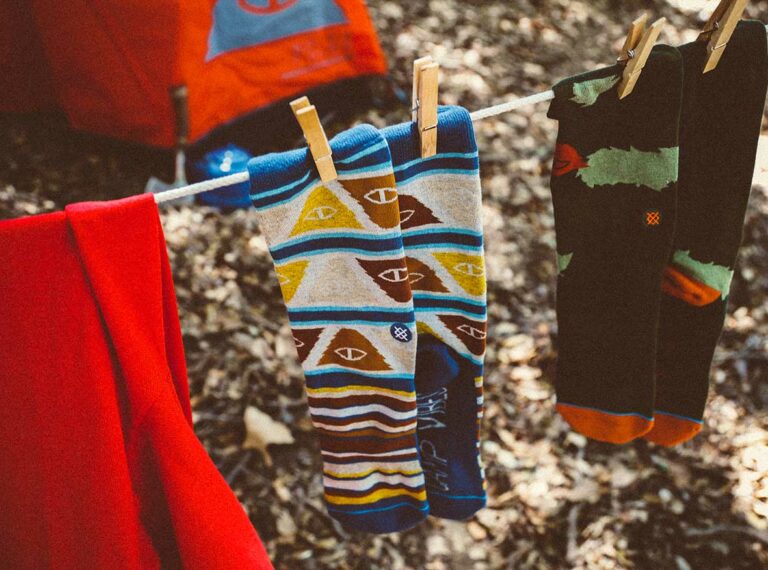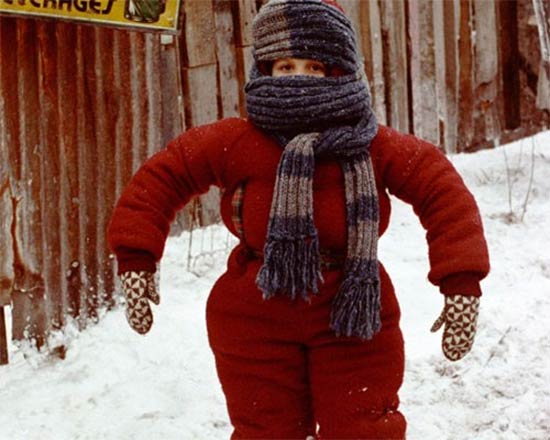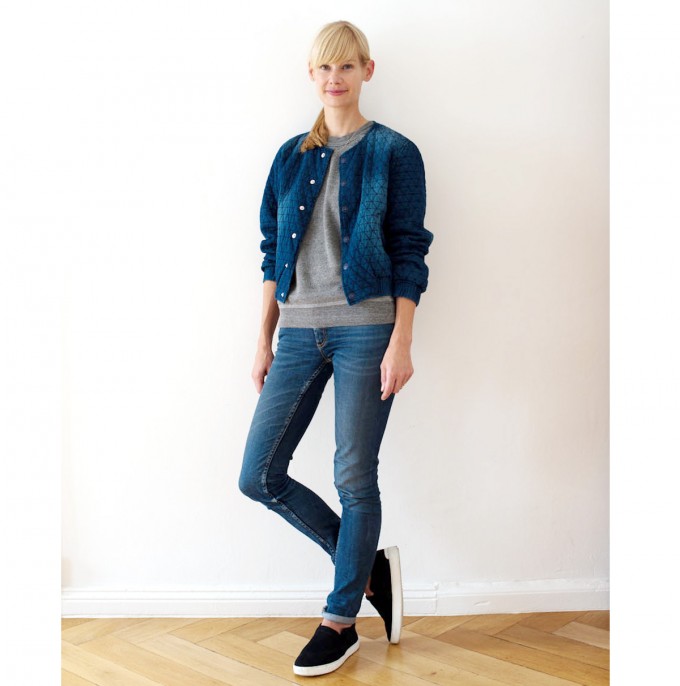
Can fashion really be ethical? We thought we’d chat to Berlin based fashion journalist Alex Bohn, who works for super prestigious German broadsheets Die Zeit and the Süddeutsche Zeitung, to find out. Alex decided to start her own ethical fashion blog Fair-a-porter and only gives companies a platform that care about transparent and ethical production.
Why did you move from fashion-fashion to ethical fashion?
I wouldn´t say I moved from fashion-fashion to ethical fashion. I´d say I assumed a different perspective. Instead of just looking at the pretty design or the lovely material of an item or its creative presentation in a fashion show, an ad campaign, an editorial etc etc. I tried to look at the part that happens beforehand – the sourcing of the materials, the production process, the people behind the fashion who actually make it with their own hands.
I didn´t have an eye-opening revelation, I just felt I was missing out on a part of the story that´s really worth telling. It did strike me, though, that a good portion of people in western society will go to great lengths to assure they know where the food they eat comes from – from where and how it was grown to the livelihoods of the animals – yet they accept fashion as a perfectly anonymous product that just seems to fall from the sky into the shop’s shelves.
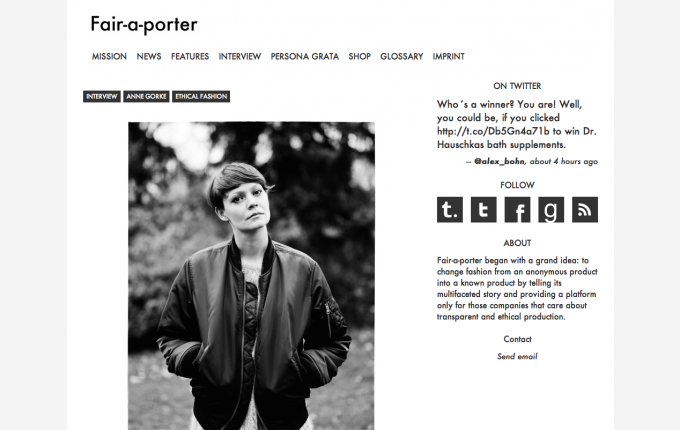
How ethical can fashion really be, considering it is by its definition about changing trends to create desire for things you don’t really need and thereby unnecessarily using up resources?
I think it boils down to the consumer having a choice. With every shopping decision we make we cast a vote. Fair-a-porter curates good and best practice to promote conscious shopping decisions. I think it´s important to be aware of the impact we have and use it wisely.
Fashion is all about change, that´s true. Being fashionable doesn´t necessarily mean buying into all the latest trends, though. Most of us have fully stocked closets that make for a ton of styling options. Even if you´re an avid trend follower you´re fine just buying a couple of select pieces each season and year.
The ethical living spectrum ranges from being serious about recycling to leaving it all behind to live off the land in an eco-community, where do you see yourself on that spectrum?
Having grown up in the suburbs with a national park for a back yard I have to say that I do appreciate nature and need to be away from the city and outside a bit to keep sane. Right now I don´t see myself living in the countryside let alone on an organic farm, though. I like to enjoy the best of both worlds – live in the city and spend the weekends in nature.
As for a healthy and sustainable lifestyle – I do recycle paper and glass and the food we prepare is organic. In the city I do everything by bike, even in foul weather. But we do own a car and we do use it for our weekend getaways.
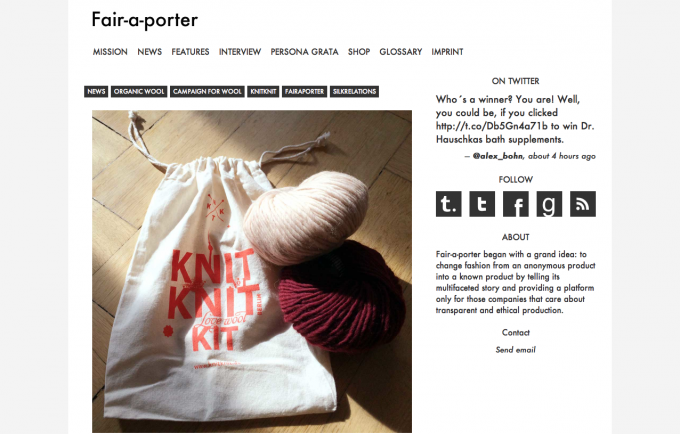
Where do we start if we want to become more conscious of what kind of fashion we’re buying, how do we find out what’s ethical and what isn’t?
Come to Fair-a-porter and have a look, send us your questions about any brand you´re in doubt about. We´ll be happy to help you to a clear conscience!
What did you make of Karl Lagerfeld’s recent Chanel show where he decided to mix feminism and protest culture with capitalism and fashion?
To me it´s just another Chanel-Show. Karl Lagerfeld is well attuned to the Zeitgeist and social undercurrents and he´s a good designer. Other than that I don´t see any difference in whether he puts on an art show, a protest march or, say, a rave or a cooking show.

Looks like the environmental movement has more mainstream support than most other former protest movements now, do you feel its impact on the fashion industry is growing stronger too?
Does it? I´m not sure I agree. I´m very happy to see, though, that an organisation like Greenpeace has been very impactful in the last years. We owe it to them hat Inditex (Zara, Massimo Dutti) has made its supply chains transparent and brands like H&M have followed suit. And they keep pushing the envelope with their Detox Campaign. My gut feeling is that the majority of the fashion industry only budges when nudged incessantly.
You are based in Germany which is a pretty good place to be in terms of renewable energy policies for example, what’s the leading country in terms of ethical fashion?
In terms of brands or stores that produce or sell fashion from transparent, ethical production the northern European countries like Sweden and Denmark have picked up on the issue as have part of the UK and the US. Germany isn´t known to be on the forefront of high fashion but it does have quite a lot of entrepeneurs who offer apparel – mostly leisure wear – from ethical production. In the political arena Entwicklungsminister Müller just failed with an initiative he came up with this spring. He tried to establish a fair trade alliance within the German fashion industry to establish fair production throughout the entire supply chain.
What are your guilty pleasures/concessions to capitalism?
I´ve been an avid shopper most of my life. I´ve definitely changed my shopping habits but it´s not like I gave up shopping.


